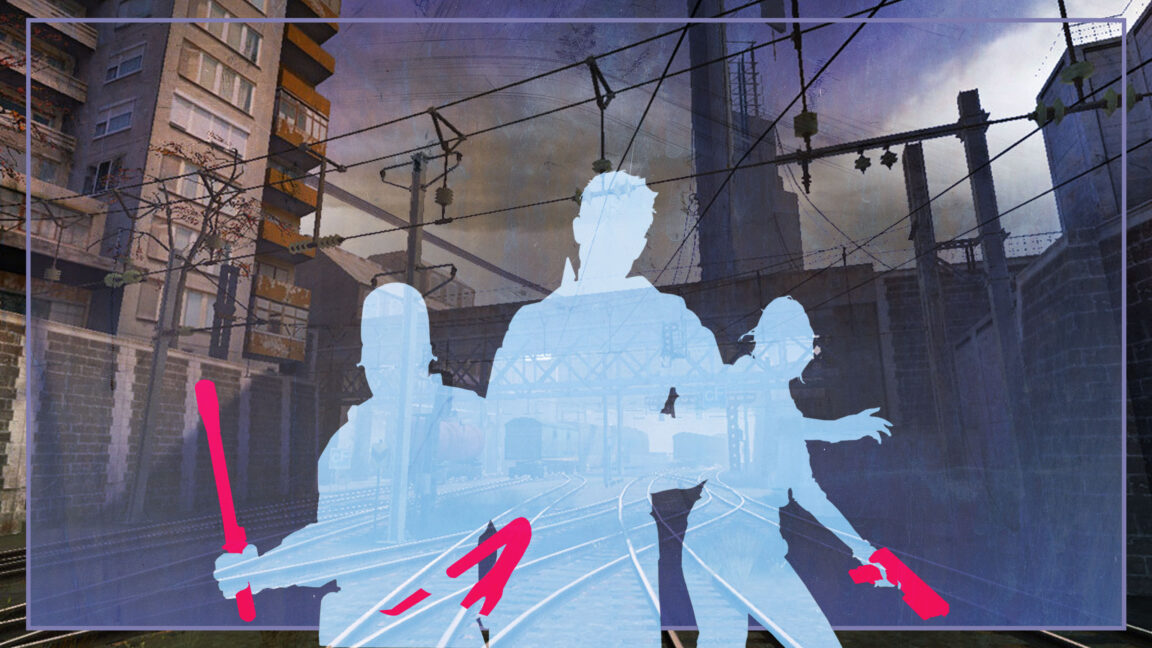It’s Half-Life 2 week at Ars Technica! This Saturday, November 16, is the 20th anniversary of the release of Half-Life 2—a game of historical importance for the artistic medium and technology of computer games. Each day leading up through the 16th, we’ll be running a new article looking back at the game and its impact.
When millions of eager gamers first installed Half-Life 2 20 years ago, many, if not most, of them found they needed to install another piece of software alongside it. Few at the time could imagine that piece of companion software–with the pithy name Steam–would eventually become the key distribution point and social networking center for the entire PC gaming ecosystem, making the idea of physical PC games an anachronism in the process.
While Half-Life 2 wasn’t the first Valve game released on Steam, it was the first high-profile title to require the platform, even for players installing the game from physical retail discs. That requirement gave Valve access to millions of gamers with new Steam accounts and helped the company bypass traditional retail publishers of the day by directly marketing and selling its games (and, eventually, games from other developers). But 2004-era Steam also faced a vociferous backlash from players that saw the software as a piece of nuisance DRM (digital rights management) that did little to justify its existence at the time.
Free (from Vivendi) at last
Years before Half-Life 2’s release, Valve revealed Steam to the world at the 2002 Game Developers Conference, announcing “a broadband business platform for direct software delivery and content management” in a press release. Valve’s vision for a new suite of developer tools for content publishing, billing, version control, and anti-piracy was all present and stressed in that initial announcement.
Perhaps the largest goal for Steam, though, was removing the middlemen of retail game distribution and giving more direct control to game developers, including Valve. “By eliminating the overhead of physical goods distribution, developers will be able to leverage the efficiency of broadband to improve customer service and increase operating margins,” Valve wrote in its 2002 announcement.
On stage at GDC, Valve founder Gabe Newell took things even further, positioning himself as “a new-age Robin Hood who wanted to take from the greedy publishers what independent game developers deserved: a larger piece of the revenue pie,” as Gamespot’s Final Days of Half-Life 2 feature summed it up. Cutting out the publishers and retailers, Newell said, could be the difference between a developer taking home $7 or $30 on a full-price game (which generally ran $50 at the time).

